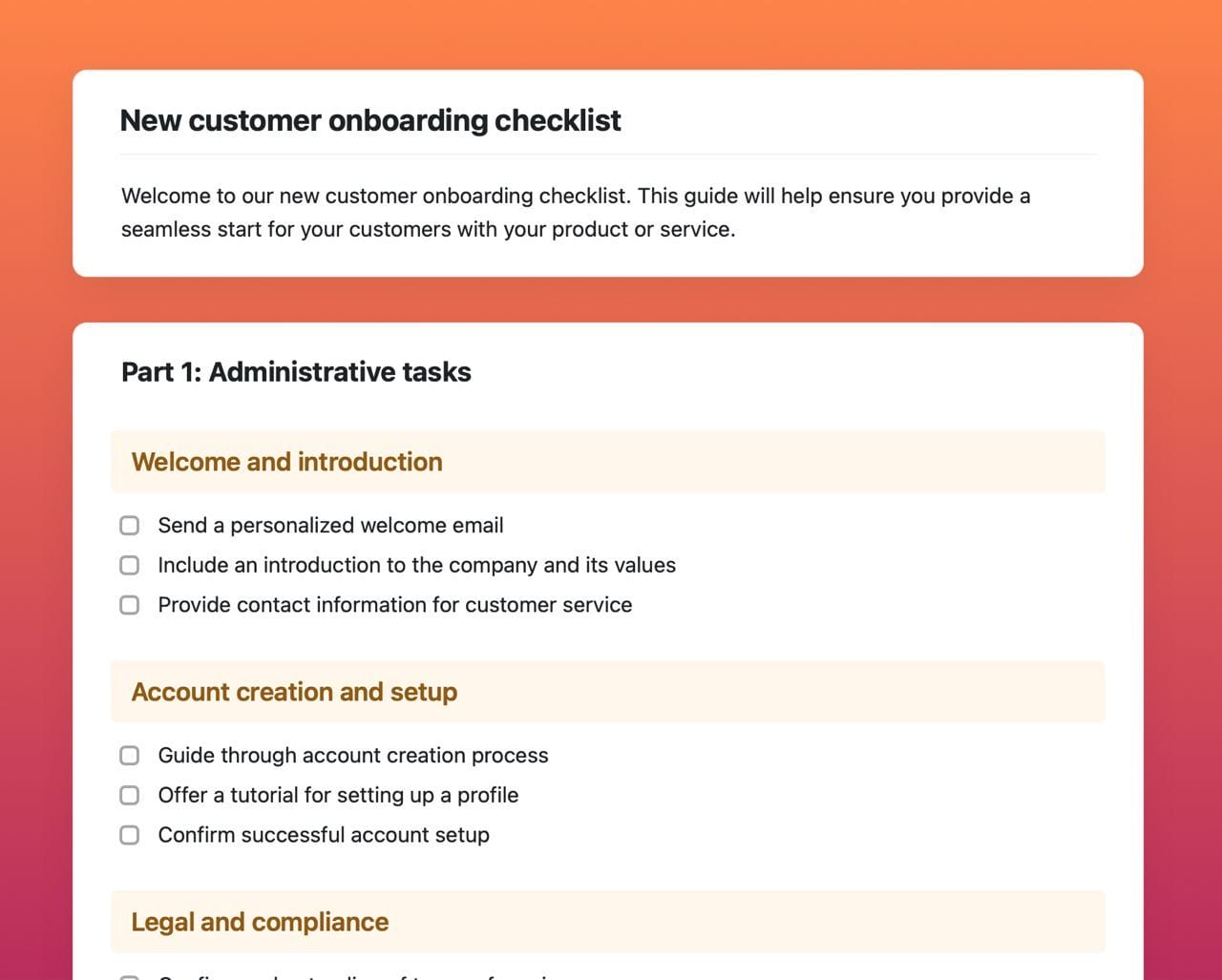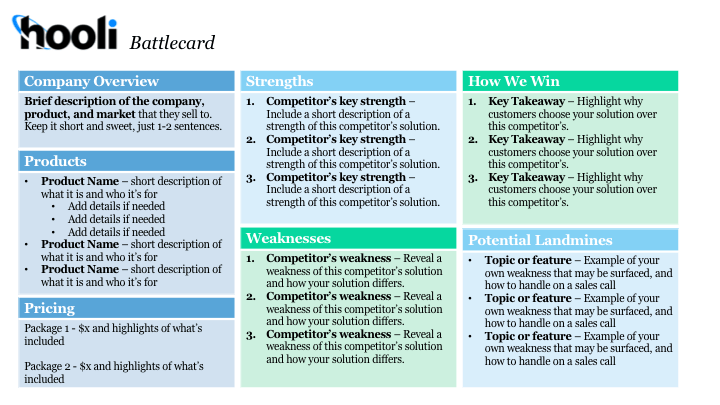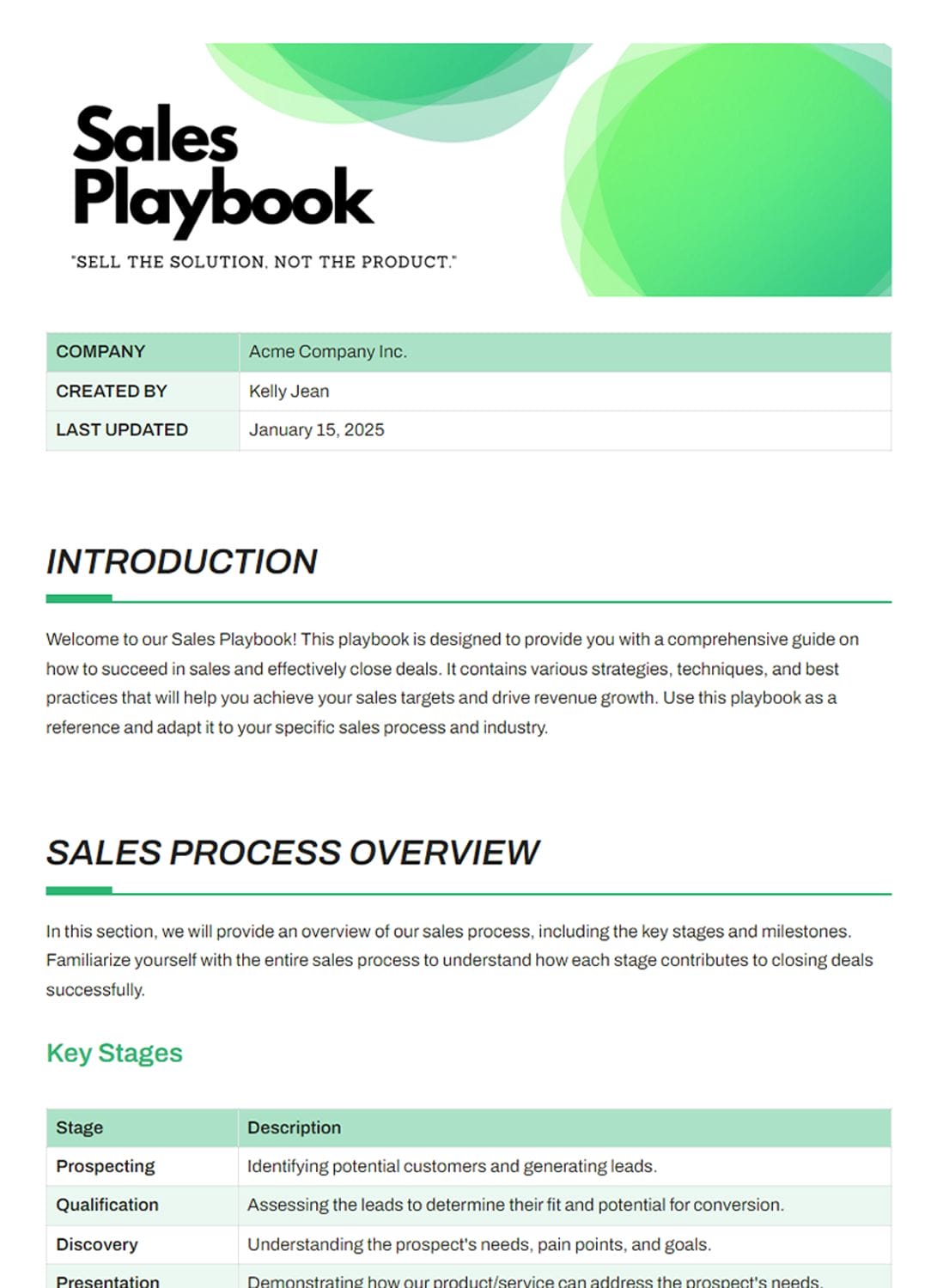Strong sales management is often the difference between a team that consistently meets its targets and one that falls short. In today’s competitive environment, where customers expect greater value and markets shift rapidly, sales management is the system that shapes strategy, drives accountability, and ensures that every effort ties back to measurable results and supports sustained growth.
Sales management connects leadership’s vision to the day-to-day execution of the sales team. It shapes how reps operate, sets standards for performance, and influences how revenue and growth will unfold. It serves as the backbone of successful sales organizations, aligning strategy with execution.
What is Sales Management?
Sales management is a strategic business function. It spans from setting objectives and building sales processes to coaching, forecasting, and performance monitoring. At its core, it provides a structured approach that allows sales teams to operate effectively and deliver consistent results.
A well-defined sales management system touches every part of the revenue engine. The goal is not only to deliver results in the short term, but also to refine the systems that make those results sustainable over time.
Key Functions of Sales Management
1. Strategy Development and Execution
Every high-performing sales team needs a plan that connects leadership’s vision to everyday actions. Sales management is responsible for creating that structure and making changes as markets shift. A clear and cohesive sales strategy helps sales reps understand not only what they are selling but also how to position it, when to engage prospects, and how to move opportunities through the pipeline.
Without this guidance, sales activities can become scattered and short-term, making it harder to achieve lasting sales growth.
2. Performance Measurement and Analytics
It is the responsibility of sales management to make data-driven decisions. Tracking pipeline health, monitoring performance indicators, and using sales analytics to measure performance are all essential. This visibility helps leaders step in before small issues turn into bigger problems. It also ensures that the team’s efforts stay in line with business goals.
3. Talent Management and Coaching
A strong strategy will fall short without the right people to execute it. Sales management plays a crucial role in hiring, developing and retaining top performers. Beyond recruitment, managers provide ongoing sales coaching and mentoring to help sales reps improve their skills and build long-term careers in sales.
This function ensures that the team continues to evolve alongside buyer expectations and market demands. Investing in your people is one of the clearest ways sales management drives long lasting results.
4. Alignment Across the Organization
Sales doesn’t operate in a vacuum. Leadership establishes priorities, operations manages the delivery, and marketing generates the leads. Sales management ensures these groups are connected and working toward common organizational goals. Alignment helps the entire organization move in the same direction, reduces friction in the customer journey, and avoids misunderstandings between teams.
A sales strategy without alignment can produce short-term wins, but sustained success depends on every department coming together.
4 Benefits of Sales Management
1. Process Optimization
A key benefit of a strong sales management strategy is having a streamlined sales process. By removing bottlenecks, automating tasks, and standardizing best practices, managers enable reps to spend more time selling and less time navigating complexity. This optimization ensures that success is repeatable, not accidental.
2. Stronger, More Confident Teams
Sales is a high-pressure environment that can result in burnout or inconsistent performance without proper guidance. Effective sales management offers structure, feedback, and recognition, enabling representatives to succeed. Regular coaching and clear expectations help individuals feel supported and confident in meeting their goals. Investing in people leads to higher retention, stronger results, and a team culture that attracts top talent.
3. Balanced Growth Through Acquisition and Retention
Revenue growth depends on both acquiring new business and strengthening existing customer relationships. Effective sales management addresses both by setting balanced sales targets, tracking customer satisfaction, and promoting strategies to engage high-value accounts. When managers focus on both keeping current customers and attracting new ones, they help make revenue more stable and support long-term growth instead of just chasing quick wins.
4. Sharper Forecasting and Resource Planning
Forecasting is one of the most visible benefits of sales management. With regular reporting and consistent use of analytics, leaders can predict outcomes with more confidence. This reliability helps the business plan for headcount, budget, and investments with a clear idea of expected returns. More accurate forecasts lower risk, offer clarity for decision-making, and improve the overall financial health of the organization.
5 Common Challenges in Sales Management
Some of the most common challenges in sales management include:
1. Misalignment Across Teams
When leadership, sales, and marketing are not fully aligned, efforts get diluted. Sales managers must keep functions connected to ensure everyone is working toward the same goals.
2. Recruiting and Retaining Sales Talent
High turnover is one of the most persistent problems in sales, making the recruitment process and retention strategies critical. Hiring the right people and creating an environment of affective commitment is essential for long-term sales success.
3. Adapting to Economic Uncertainty
Shifts in the market can quickly render old sales strategies ineffective. Managers need flexibility to adjust plans and keep pipelines healthy even in unpredictable conditions.
4. Performance Management
Underperforming reps are inevitable, and managing them while still hitting targets and meeting sales quotas is one of the toughest parts of the job. Clear KPIs, coaching, and accountability are key.
5. Compensation and Territory Mapping
Fair, motivating compensation plans, incentive programs, and balanced territories are hard to get right but critical to driving results. Poor design can demotivate your sales reps and stall growth.
Tools and Technology in Sales Management
In B2B sales management, having the right technology in pace improves visibility, efficiency, and consistency. A few of the most widely used tools in sales management include:
- CRM Systems: CRM systems are a central part of managing customer relationships, tracking leads, monitoring pipelines, and aligning rep activity with revenue targets.
- Sales Automation Tools: Sales automation tools can come in handy for lead research and CRM enrichment, email outreach, lead scoring, workflow automation and task management, and reporting and forecasting. The best thing you can do for your sales organization is automate repeatable processes.
- Sales Enablement Platforms: Sales enablement platforms provide reps with the content, training, and resources needed to engage buyers more effectively.
- Expense Management Platforms: Specifically important for those managing field sales teams, an expense management system can simplify tracking and reimbursement.
- Performance Review Software: Having a performance review software or dedicated scorecard gives structure to evaluations, ensuring accountability and consistent development.
Building Your Sales Management Function
Building your sales management function starts with clarity. Define your sales objectives, establish repeatable processes, and ensure every rep has the coaching and tools they need to succeed. A strong function depends on alignment across sales, marketing, and leadership, supported by clear communication and consistent sales practices.
If your organization is looking to strengthen its sales management function, having the right people in place is the most important step. At Peak Sales Recruiting, we specialize in helping B2B companies hire top sales talent and proven sales leaders who can build and scale high-performing teams.
Contact us to learn how we can help you achieve your growth goals.




























